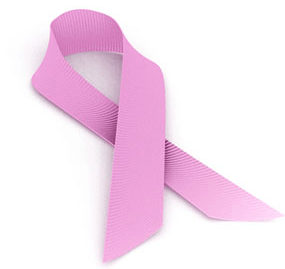Low levels of cancer awareness, said to be cause of late treatment
 Low levels of awareness about childhood cancers among the public and health workers lead to late presentation for appropriate treatment and care.
Low levels of awareness about childhood cancers among the public and health workers lead to late presentation for appropriate treatment and care.
In Ghana, about 1,000 children below the age of 15 are estimated to develop cancer each year, however only a quarter of these children receive treatment due to the low awareness levels.
Dr Sudha Rao, the Specialist Paediatrician at the Paediatric Oncology Unit of the Department of Child Health, Korle Bu Teaching Hospital, said this at a Childhood Cancer Strategic Meeting in Accra.
He said cancer was treatable and urged parents to present their children early for treatment to save their lives.
She said other challenges of childhood cancers include socio cultural beliefs; limited access to treatment centres, cost, availability and quality of drugs, alternative therapies, high rate of untimely cessation, abandonment of treatment by families, limited supportive care and protocol modification.
The meeting was organised by the World Child Cancer (WCC), a United Kingdom based Charity, to discuss the way forward to increase public awareness on childhood cancer.
The WCC, in partnership with Korle Bu Teaching Hospital, has been working with selected tertiary hospitals in the country to improve treatment and care for children with cancer since 2010.
Dr Sudha said there were only two specialised childhood cancer treatment centres in the country – Komfo Anokye Teaching Hospital and the Korle Bu Teaching Hospital – which admitted more than 250 cases annually, thus, about 750 children were not getting access to treatment centres or were dying out of ignorance.
She said four out of 20 patients admitted every month came at late stages and, therefore, were only given palliative treatment.
Dr Sudha mentioned white spots on the eye, unusual lump or swelling, fever more than two weeks, persistent joint, bone or back pain, frequent headaches, vomiting or unsteady walking as some of the signs of cancers in children and urged parents to pay attention to their children and report such cases early.
She, however, said the low awareness level and the rate at which people broke treatment had reduced from 25 per cent in 2009 to 6.3 per cent in 2012.
She attributed that achievement to the immense financial and infrastructure support the centre received from faith-based organisations and individuals and called for support from the Government to facilitate treatment.
“Ghana has come a long way and it is about time to act now to promote treatment and care of children with cancers,” she said.
Mr George Achempim, the Programme Coordinator of World Child Cancer, Ghana, said the aim of the organisation was to improve cancer diagnosis, treatment and care for children across the developing world.
He said the partnership with Korle Bu was to increase survival rates of children with cancer by improving the quality of care through training, sharing knowledge, technology and organisational skills with partner hospitals.
Mr Achempim said currently Ghana had only three specialists – two in Korle Bu and one in Komfo Anokye Teaching Hospital respectively.
He said the low interest in that field might be attributed to lack of database to entice people to specialise in that area in addition to the rare nature of childhood cancers.
He said from 2010 to 2016 a total of 1,423 children were diagnosed and the disease was common among male children compared to female children.
Source: GNA
